Do you know that being mentally healthy positively affects both your personal and business goals? Mental health affects every one of us. Knowing how to deal with mental health in your small business will help you ensure you have a healthy and productive work environment. This article will show you exactly how to do that.
Being mentally healthy has been proven to help promotes positive feelings at work.
You feel safe, happy and engaged in what you do.
You are able to focus on your job and achieve your goals.
There may be some level of stress at work, but you are able to cope with the stress and remain fruitful and productive.

More so, you are able to realize your potentials.
If you are a small business owner, you need to learn how to deal with mental health in your small business.
This is because your own mental well-being, as well as that of your employees, is critical for job satisfaction and business success.
Small Business Owners And Mental Health Challenges
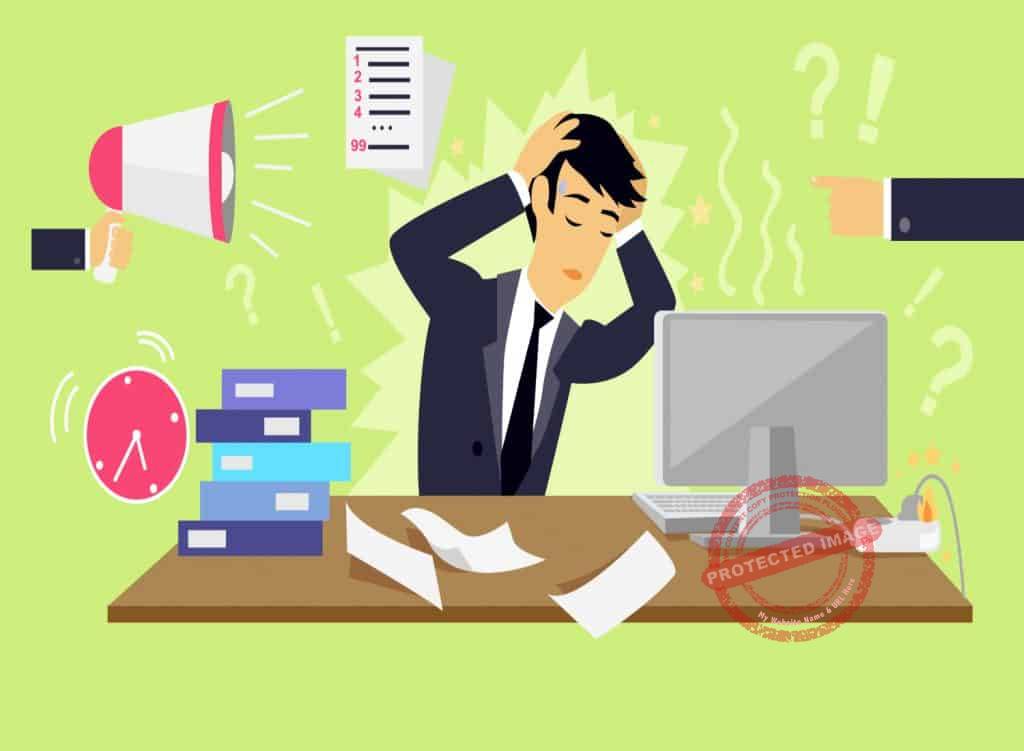
As a small business owner, you enjoy running your own business and being your own boss.
This means you follow your passion, make your own decisions and you have the freedom to run your business the way you see fit.
But, being your own boss also has its share of challenges that can be quite stressful.
Areas that could cause mental health challenges for Small business owners usually includes the following:
- Working long hours.
- Bending over backward to get your start-up business off the ground or to meet its intense demands.
- Having to work beyond the usual 8 to 5 work hours to take calls, answer emails, and do other business-related tasks.
- This results in the boundaries between your business and home frequently become blurred.

- Worrying about cash flow, bottom lines, getting new clients and about everything.
- Making all the decisions — an incredible responsibility that oftentimes makes you feel burdened and overwhelmed.
- Feeling independent, yes, but you also feel alone.
- You can’t always share your business worries with your staff.
- Playing multiple roles.
- You answer phone calls, do administrative tasks, and stay on top of government regulations.
- Also, you are in charge of finances, sales and marketing, and human resources.
- You answer phone calls, do administrative tasks, and stay on top of government regulations.
- Feeling helpless and weighed down by the many external factors that are not within your control.
Unfortunately, having to deal with all these demands often results in high-level stress.
If you don’t find healthy ways to deal with stress, it may eventually undermine your mental health.
But, how can you tell if you are under too much pressure?
Common Early Signs Of Mental Health Problems

The following are some of the more common early signs that indicate that you are having problems with mental health:
- Have a hard time focusing on the tasks you have to do.
- Always feeling unusually tired.
- Feeling emotional or tearful for no apparent reason.
- Terribly irritable.
- Get easily frustrated or angry.
- Worrying too much.
- Feeling overwhelmed.
- Feeling unhappy.
- Resorting to drinking alcohol to relieve stress.
- Smoking too much.
- Eating too much or have no appetite at all.
- Having reduced self-confidence.
- Finding it difficult to make decisions.
- Becoming antisocial.
- Losing interest in the leisure pursuits that you used to enjoy.
- Frequently suffers from chest pains, constipation or diarrhea, colds, headaches, and muscle pain.
- Having less interest in sex.
- Finding it difficult to sleep well.
You can’t ignore the impact of mental health in the workplace.
Mental wellness affects how people think, feel, and behave at work.
It affects everything – from productivity, personal interactions, communication, and teamwork, to maintaining safety at work.
Therefore, as a business owner, you have to make mental health at work one of your top priorities.
Ways To Deal With Mental Health For Business Owners
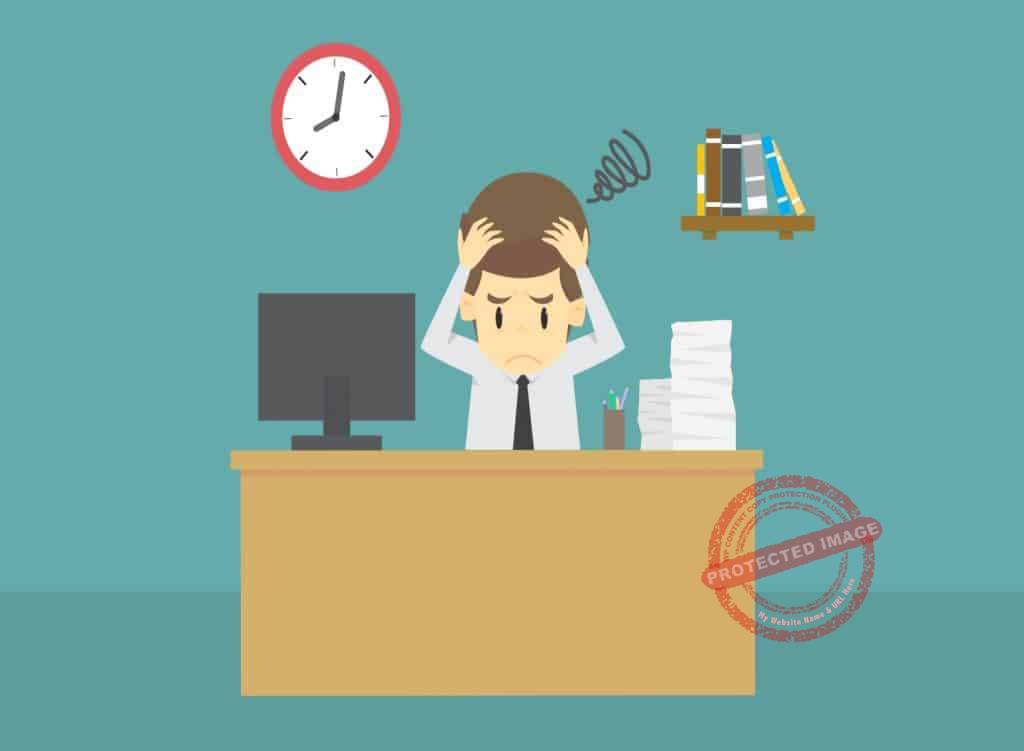
Your efforts to create a mentally healthy work environment should start with yourself.
You should look for effective ways of taking care of your mental health.
It is essential for you to be proactive in looking for ways to maintain your mental health.
Taking care of your mental health helps you to remain strong, healthy, and positive so you are able to carry on in spite of inevitable problems.
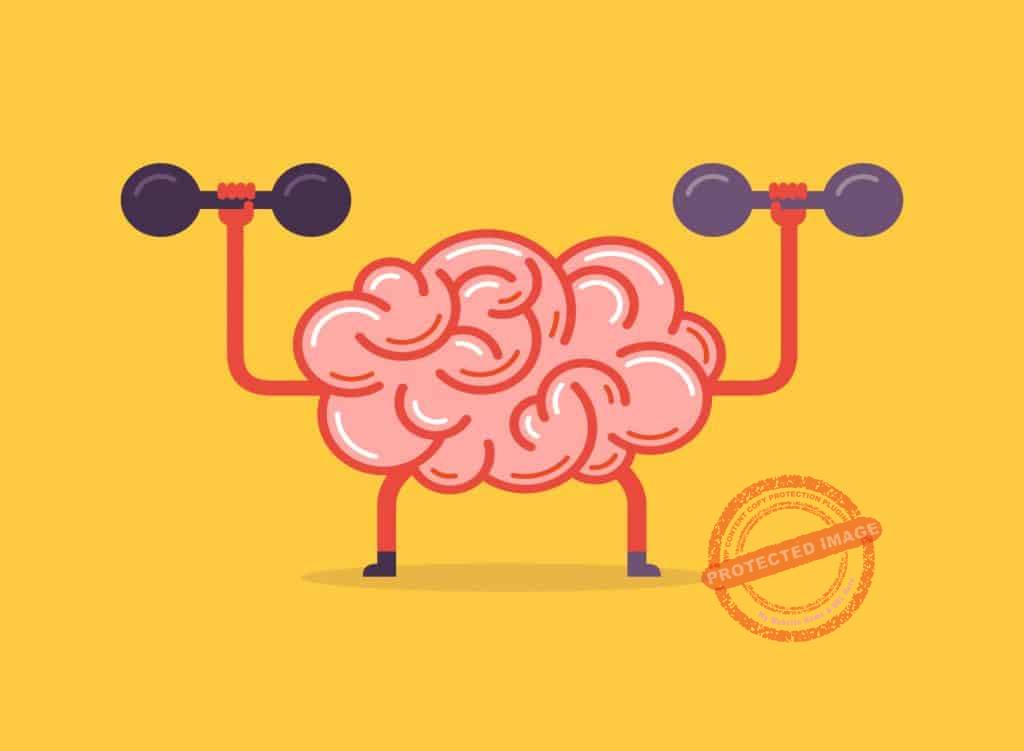
It enables you to run your business effectively.
Dealing with your mental health helps you not only to manage your business efficiently but to live a happy and meaningful life outside of your job, as well.
Certain mental health activities are useful for some individuals.
However, these same activities may not work for others.
Be open and flexible; try out different strategies until you find the things that work best for you.
Here are some strategies on how to improve your mental health that you may want to try out:
1. Look For A Healthy Life-Work Balance
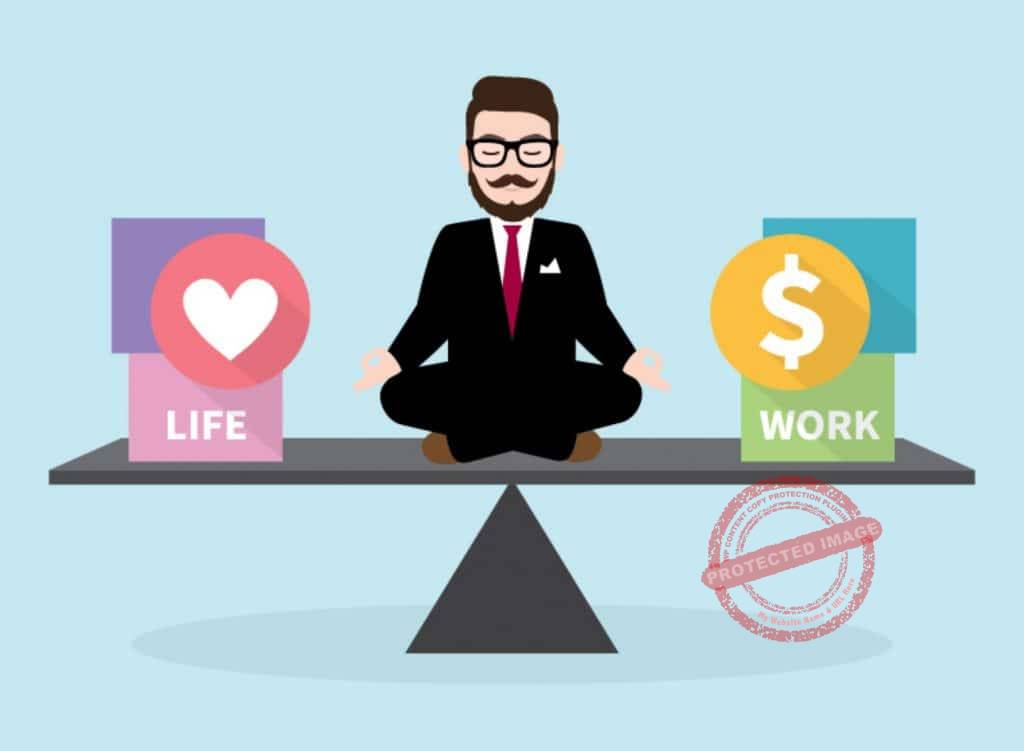
Many businessmen get so consumed with the things they have to do to keep their businesses running smoothly that they sometimes lose sight of their other priorities in life.
Your business is NOT your life.
So, do not let long work hours become the norm.
You have to make room for other things which are also important or may even be more important than work.
In addition, you need to take time out for yourself, as well as for your loved ones.
While it is true that you get a sense of satisfaction from seeing your business succeed, you have to exercise self-care, too.
If you don’t put in hours for rest and relaxation, you will experience stress, excessive fatigue, irritability, and burnout sooner or later.
Signs That Show You Are Letting Your Business Run You
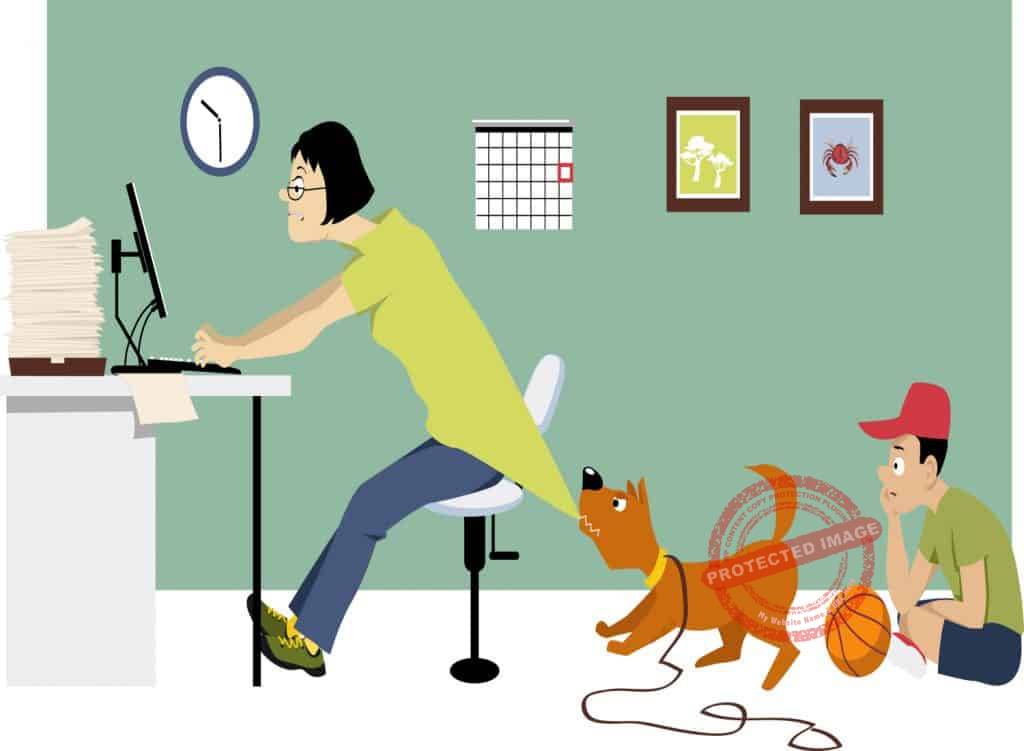
You are letting your business run your life if you: –
- Have no interests or hobbies apart from your business
- Have no time for “me time”
- Can’t forget about your business even when you are not at work
- Seldom take lunch breaks outside the office
- Often upset your family by the amount of time you spend at work.
However, finding a healthy work/life balance in business is essential if you want to learn how to deal with your mental health.
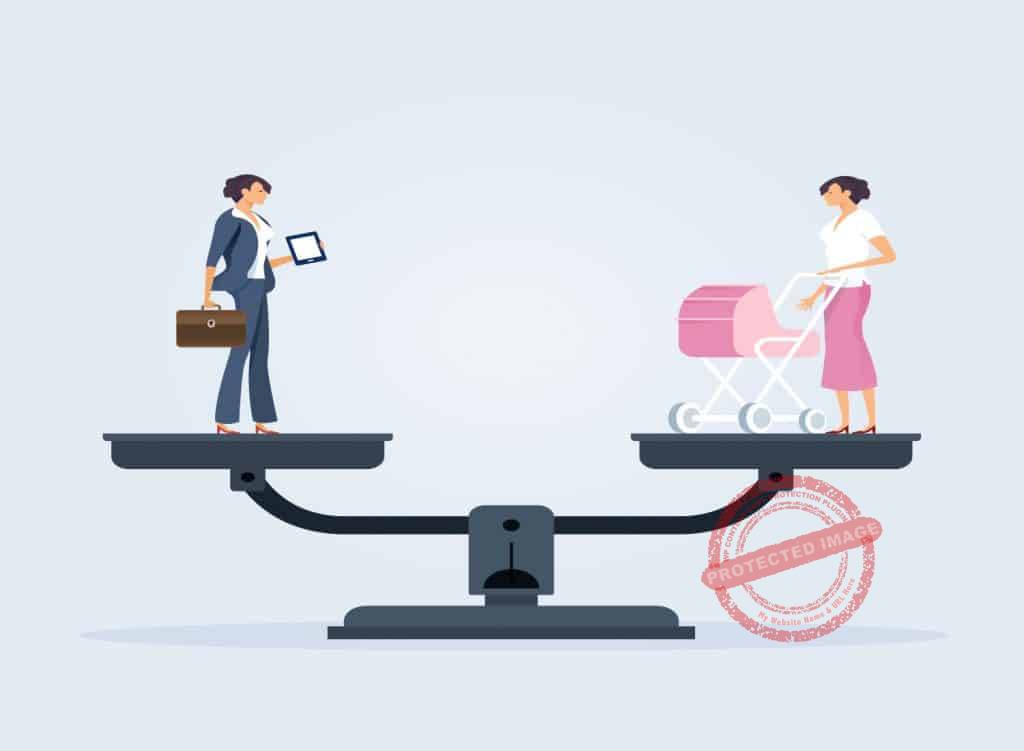
So, if you want to have balance, you have to do the following:
- Keep the boundaries between your personal life and work clear by turning off your mobile phone and business email off when you are at home.
- You don’t always have to be “on” or to take work home with you.
- Take the weekend off and spend it with family and friends.
- Address work issues when you get back to work on Mondays.
- Take regular breaks throughout your work day.
- Take your lunch break outside the office.
- Go for a short walk. These activities help you manage stress.
- Take a day or two off after a highly stressful or busier-than-usual work week.
- Rest and recreation help to rejuvenate you.
- Delegate or outsource some of your tasks.
- Don’t insist on doing everything yourself.
- Look for the tasks that don’t require your expertise and get somebody else to do them for you.
- Learn to say “no.” Don’t feel pressured to accept every request, especially those that are of a low priority or do not provide any significant benefits.
- Plan your day. Do urgent tasks first. Go home on time.
2. Cultivate Support And Stay Connected.

It is important to establish a support system and find people with whom you can discuss your worries and share your success.
Stay connected by doing the following:
- Find somebody (another small business owner, a family member, a close friend) with whom you can talk things through.
- Look for opportunities to make new friends. Join a class, a club, or a support group.
- Link up with a business network.
- Look for a business mentor. Look for one among your existing business contacts or use a formal mentoring service.
- If you find yourself in tough financial situations, look for organizations that can provide expert advice or efficient solutions.
- If you struggle with mental and emotional problems, consult a doctor or a mental health expert.
Note that seeking professional help for emotional problems is not a manifestation of weakness.
This only signals strength and the openness to getting appropriate assistance.
More so, trained people can give you professional advice to help you work out meaningful strategies for stress management.
They help you live a fuller and more rewarding life.
3. Live A Healthy Lifestyle.

A healthy lifestyle helps you sustain a healthy mental outlook.
It helps you cope with stress, remain upbeat and positive, and makes it easier to think, feel, and behave with optimism.
Also, maintaining a healthy lifestyle enables you to stay in top physical form.
Thus, whenever you are physically healthy, managing your mental health becomes easier.
So, here are some useful tips to help you stay healthy:

- Eat well. Don’t forego meals because of work.
- Drink plenty of water.
- Exercise regularly.
- Research shows that being physically active prevents mood swings, fights depression, and eases anxiety.
- Sleep well.
- Lack of sleep is often associated with depression and low productivity.
- Start to unwind or relax thirty minutes before you go to bed.
- Create a comfortable and quiet bedroom.
- Minimize your use of the television, laptop, phone and other gadgets, especially before going to bed.
- Avoid drugs and alcohol.
- Some businesspeople resort to drinking or smoking in an effort to reduce stress. Research, however, shows that these habits only serve to aggravate problems.
4. Look For Ways To Deal With Stress In A Constructive Way.

You can’t avoid stress; it is an inevitable part of life.
Develop effective skills for coping with stress so that it does not undermine your mental health.
- Develop the habit of writing in a journal. It helps you develop self-awareness. Putting your fears, worries, and other emotions in words help reduce stress.
- Learn to look at things with a sense of humor. Seeing the humor in difficult everyday situations helps you see things in perspective. It helps you relax. It boosts your immune system.
- Look for effective ways to quiet your mind. Meditate. Pray. Practice mindfulness. Go on a nature walk. Take up Tai Chi or yoga. Get a pet dog to play with. Listen to soothing music. Read. Pursue gardening. There are many relaxation techniques that you can try.
- Develop an interesting or relaxing hobby outside of work. It can be something that you pursue on your own or share with family or friends.
- Do volunteer work as part of your mental health activities. It boosts self-esteem and enhances your self-image. It promotes camaraderie, a sense of community, and self-worth – things that help to promote mental wellness.
Impact Of Mental Health In The Workplace

Poor mental health affects individual employees; it also has serious consequences on your small business.
Therefore, if the workplace is not conducive to mental health, you are likely to experience problems including:
- Low motivation
- Inefficiency
- Low productivity
- Increased absences as a result of stress and anxiety
- Increased staff turnover
- Exhaustion
- Burnout
Strategies For Creating A Workplace That Is Mentally Healthy
Here are some strategies you can apply to create a workplace that is mentally healthy:
1. Create Happy, Healthy Work Surroundings.

Provide plants, spaces for social interaction, and plenty of natural light.
Offer healthy food options in the cafeteria.
Remind your employees to take their tea and lunch breaks.
2. Encourage Your Employees To Make Wellness A Priority.

Teach your employees how to build mental strength.
Show them that it is important to build a healthy work/life balance.
In addition, educate them about the importance of participating in leisure activities.
This will help your employees to cultivate good habits.
Offer free or subsidized gym membership or wellness programs.
Encourage your staff to make physical and mental well-being a priority.
3. Encourage Your Employees To Find Work/Life Balance.
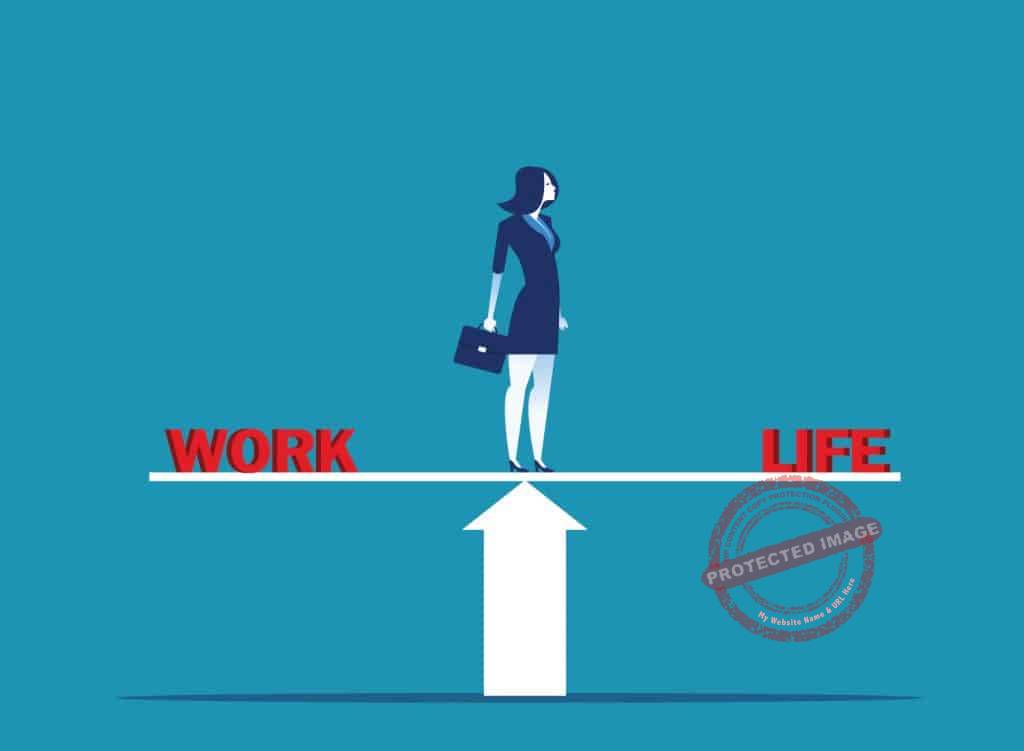
Some business owners or managers praise employees for arriving early or for staying on after office hours to work overtime.
If you encourage your employees to work past regular office hours or to take work home, you may be hurting your business in the long run.
When employees do not have a healthy work/life balance, they are likely to become less productive and less efficient in time.
They are even likely to burn out.
Therefore, encourage your staff to take their regular vacations.

Being away from work allows people to relax and come back revitalized and eager to take on their responsibilities again.
Encourage your staff to enjoy a full, rich life outside work.
Push them to spend quality time with friends and family, look for interesting hobbies, and take care of themselves.
Your staff will be better employees for it.
4. Talk About Mental Health At Work.

Don’t hesitate to discuss problems related to anxiety, stress, depression and other mental health conditions.
Talk about how anyone can suffer from reduced mental health.
Encourage discussions about what people can do to stay mentally healthy.
Educate your managers and supervisors about mental health.
Teach them how to recognize the symptoms of mental health problems and how to address them appropriately.
Teach them what to do to promote mental health in the workplace.
Provide brochures and leaflets about mental health.
5. Provide In-Service Training And Activities.

Give your employees the opportunity to learn about self-care, emotional resilience, and stress management.
Hire professional therapists to give workshops about these issues periodically to help your employees build healthy strategies and prevent problems.
6. Give Your Employees Access To Free Screening Tools.

Many individuals fail to address mental health concerns because they are not able to recognize the symptoms.
They usually pass off problems as “stress.”
They are also likely to think that problems will just disappear on their own.
Many mental health agencies offer free screening tools.
Educate your employees about the availability of these tools so they can use them if they are at risk for anxiety, depression, and other similar mental health issues.
Encourage your employees to avail of these services and to seek treatment if warranted.
Assure them about the confidentiality of findings.
7. Support Employees Who Need To Get Professional Help.

Make it clear to your employees that you want them to make their mental health a priority.
Support employees who need to attend therapy by allowing them to have a flexible work schedule or time off to accommodate their appointments.
8. Reduce The Stigma.

People hesitate to discuss their mental health issues because they are afraid of the stigma that is usually associated with these problems.
Reduce the stigma by openly discussing mental health problems and how to prevent or address them.
When your employees who struggle with depression or panic attacks feel assured that you won’t regard them as crazy for their condition, they are likely to be more open about seeking treatment.
Conclusion
Work makes you feel good about yourself.
It gives you a sense of purpose and enhances your self-esteem.
It strengthens your sense of well-being.
Being mentally healthy allows you to continue feeling this way about your job.
As a small business owner, dealing with your mental health should be one of your key priorities.
Establish a work environment that provides support for your employees’ physical and mental well-being.
Create a work setting where your employees feel safe about voicing out their concerns and about reaching out for support and assistance when they need it.

When you create mentally healthy work surroundings, you enable your people to feel good about their job.
You make it possible for them to do their jobs well.
As a result, you help your small business succeed.
As a businessman, you know the importance of creating sound financial policies, efficient work processes, and strong marketing and sales strategies.
You should also realize that it is just as important to take the time to plan how to deal with mental health in your small business.
Improving mental health makes for sound business practice.
It saves you money down the line and helps you achieve your business goals.
Click on Buy Now For a PDF Version of This Blog Post
 |










